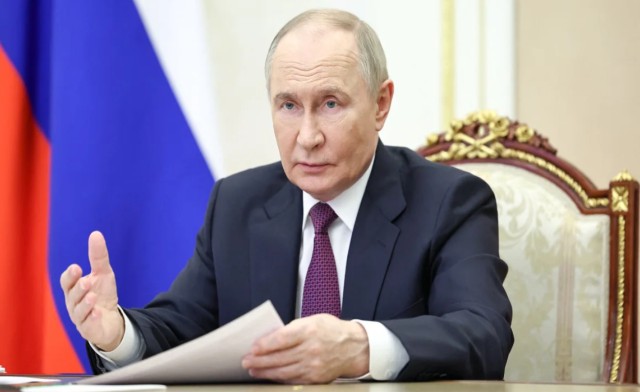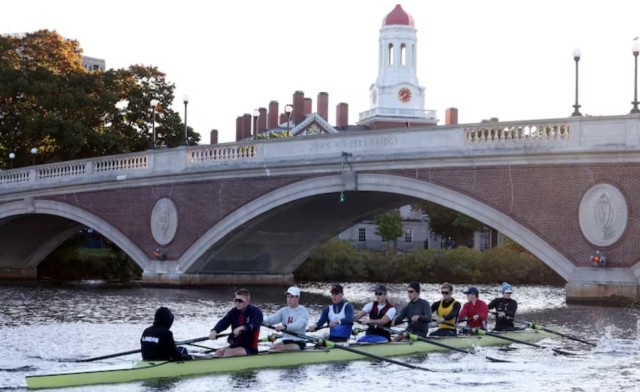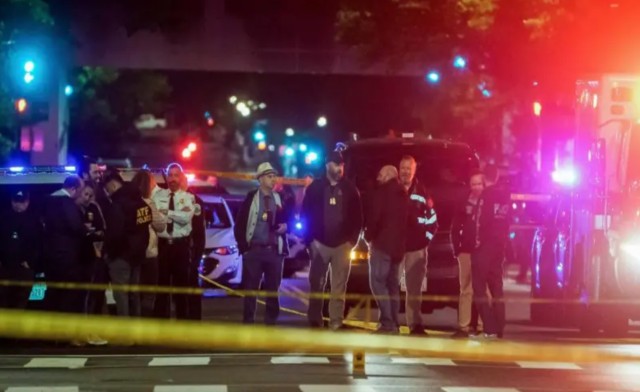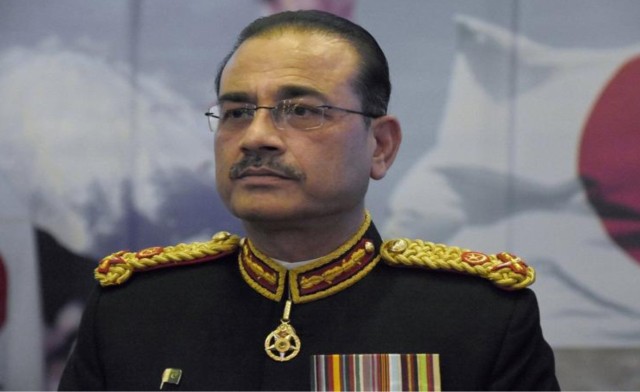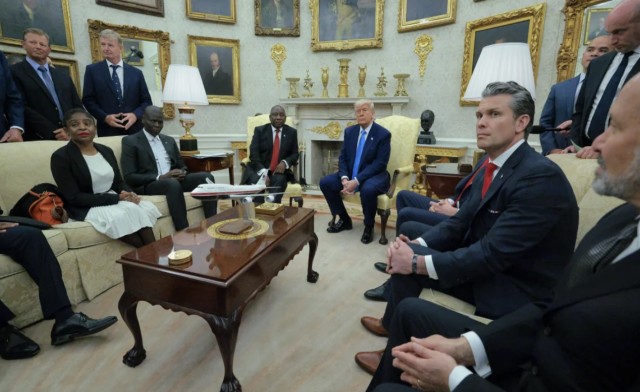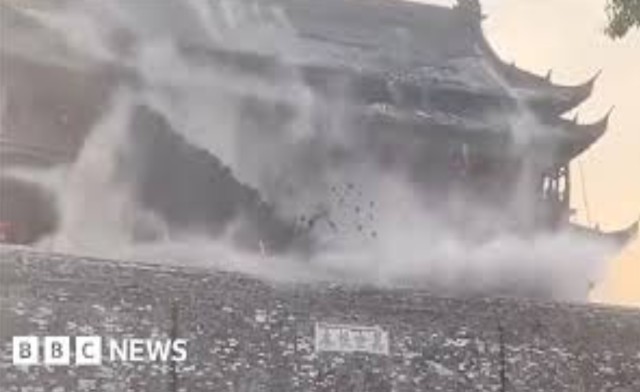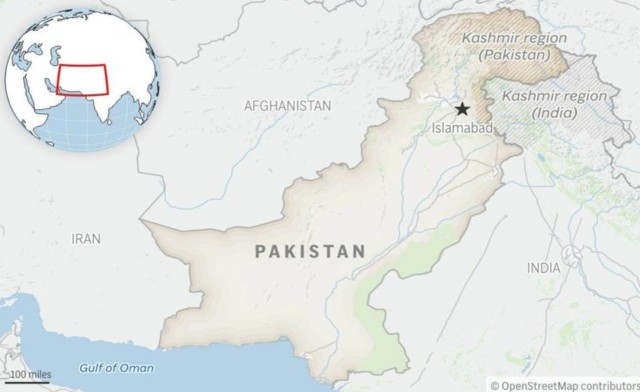
This is a locator map for Pakistan, with its capital Islamabad, and the Kashmir region
A suicide car bomb attack in Pakistan’s southwestern province of Balochistan turned a school morning into a nightmare. On Wednesday, a vehicle loaded with explosives rammed into a school bus near Khuzdar. The devastating blast killed five people — including three young girls — and injured 53 others, most of them children.
Terror Strikes School Route in Khuzdar
The school bus was en route to a military-run institution when the explosion occurred on Khuzdar’s outskirts. Among the dead were two Pakistani soldiers and three children, according to Deputy Commissioner Yasir Iqbal. Several of the injured students remain in critical condition.
A Grieving Nation Reacts
The attack has drawn widespread condemnation across Pakistan. Interior Minister Mohsin Naqvi lashed out, calling the perpetrators “beasts” and labeling the act “sheer barbarism.” Prime Minister Shehbaz Sharif echoed the outrage, condemning the bombing as a "clear proof" of hostility toward education in Balochistan.
Sharif later visited Quetta to meet with victims recovering in hospitals. His visit was a gesture of solidarity amid national shock and mourning.
Who Is Behind the Attack?
No group has claimed responsibility yet. However, suspicion naturally falls on Baloch separatist outfits like the Balochistan Liberation Army (BLA). The BLA has previously targeted military personnel and infrastructure in the region.
The group is banned in Pakistan and was designated a terrorist organization by the United States in 2019. It has waged a long-running insurgency, demanding independence for Balochistan and accusing the government of exploitation and discrimination.
Pakistan Points Finger at India
The Pakistani military swiftly blamed India for orchestrating the bombing through "proxies" operating in Balochistan. The official statement called it a “cowardly and ghastly attack” planned by India.
Prime Minister Sharif also alleged Indian involvement, accusing New Delhi of funding and supporting terrorist activities inside Pakistan. India has not issued any official response to these accusations. In the past, it has denied all claims of backing insurgents in Balochistan.
The Shadow of Past Violence
Violence is not new to Balochistan. Though it’s Pakistan’s largest province by area, it remains sparsely populated and deeply troubled. The region is home to the ethnic Baloch community, many of whom claim systemic neglect and oppression by the central government.
The BLA and other groups have recently intensified attacks. Earlier this week, the BLA vowed to increase its operations against what it calls “collaborators” of the Pakistani military.
Although attacks on military personnel are frequent, targeting schoolchildren is rare in Balochistan. However, such brutality has occurred elsewhere in Pakistan.
In 2014, the Pakistani Taliban carried out the nation’s deadliest school attack in Peshawar, killing 154 people, most of them children. That massacre on an army-run school left an indelible scar.
Education in the Crossfire
The school targeted on Wednesday was run by the military. Such institutions are common across Pakistan and serve children of both civilians and military families.
This latest bombing underscores the continued threat to education in conflict-ridden regions. Militants, particularly in areas like Balochistan and northwestern Pakistan, have often viewed schools as symbols of state control.
A Worsening Security Crisis
Tensions between India and Pakistan have been rising, especially over the disputed Kashmir region. Amid these escalations, groups like the BLA have reportedly sought support from India.
The suicide bombing in Khuzdar adds to growing fears of a deteriorating security situation. It highlights the complex mix of regional insurgency, international rivalry, and local grievances — all now playing out at the cost of innocent lives.
Pakistan mourns again, as a brutal reminder unfolds: even school buses are not safe in the shadow of conflict.


